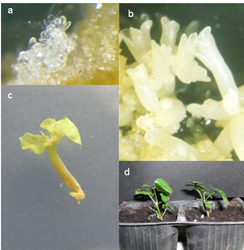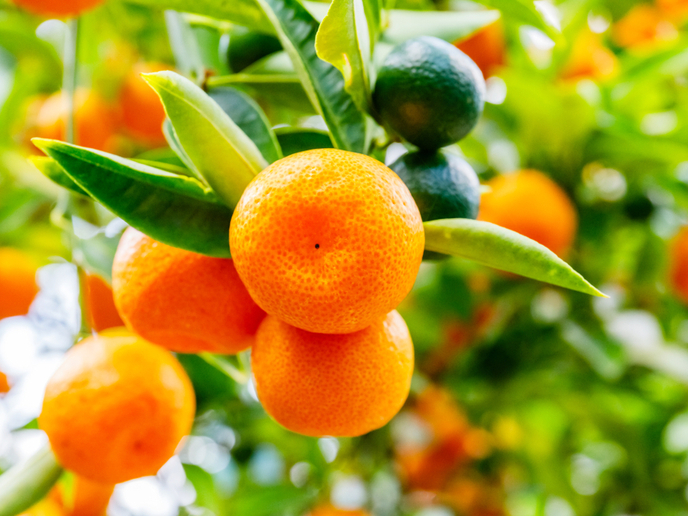Micropropagation protocol for the European ash
The European or common ash (Fraxinus excelsior) is not easily propagated by traditional agricultural methods. This is one reason its exploitation as a source of timber products has been limited, but research funded by the LIFE QUALITY Programme sought to change this outlook. The Teagasc Agriculture and Food Development Authority coordinated a group of more than 10 partners during the RAP project. A detailed in vitro protocol for the micropropagation of the European ash was one of the major deliverables of the project. Zygotic embryos were harvested and cultured on Murashige and Skoog (MS) medium. Early growth was encouraged by plant hormones, specifically 2,4-dichlorophenoxyacetic acid and benzyl adenine, as well as proper light and temperature conditions. Rapid maturation to the cotyledonary stage was achieved by transfer to clean MS medium followed by several weeks of low temperature storage. The resulting plantlets were then switched over to Lloyd and McCown woody plant medium and relocated to a humid greenhouse for further development. The somatic embryogenesis procedure created and refined during RAP offers the opportunity to mass produce European ash in a short period of time. Another advantage of the protocol is that it can easily be incorporated into schemes that target the genetic improvement of the European ash. Teagasc and its RAP partners are moving forward with these results.







